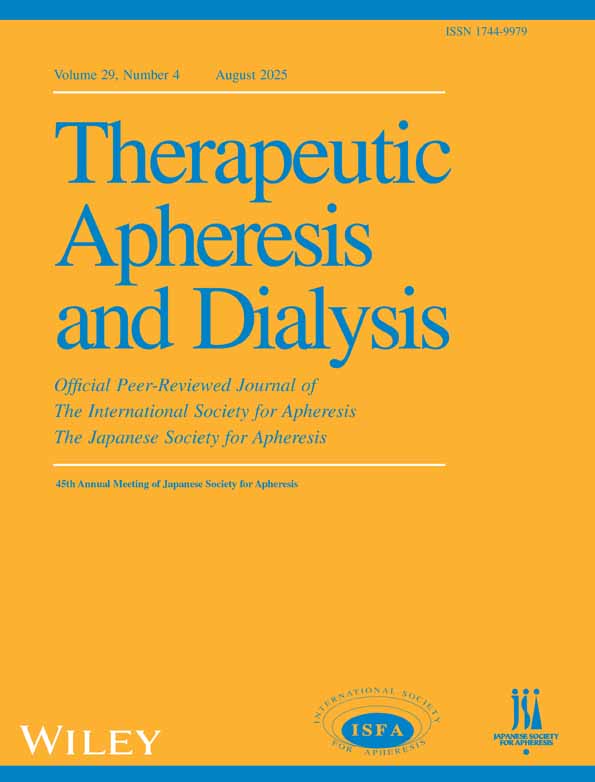Exploring the Immune Response to COVID-19 Vaccines in Dialysis and Transplant Patients
Funding: The authors received no specific funding for this work.
ABSTRACT
Introduction
This study explores immune responses to SARS-CoV-2 vaccination among dialysis patients and kidney transplant recipients (KTRs). Dialysis patients and KTRs often exhibit lower seroconversion rates, particularly the latter, due to immunosuppressive therapies.
Methods
The prospective study was conducted at the University Malaya Medical Centre (UMMC), involving 62 dialysis patients and 49 KTRs.
Results
Dialysis patients exhibited high seroconversion (97.8%) and T-cell response (77.4%). In contrast, KTRs had poor seroconversion (59.2%) and a weak T-cell response (44.9%) after a third dose. Furthermore, 32.7% of KTRs were non-reactive in both antibody and T-cell responses. A moderate correlation was found between antibody levels and T-cell responses in KTRs (p = 0.033, r = 0.305). Among dialysis patients, lower BMI was significantly associated with reduced seroconversion, while longer dialysis duration and the presence of hypertension were positively associated with antibody response. Other clinical factors, including age, gender, diabetes, and prior COVID-19 infection, showed no significant association.
Conclusion
The findings suggest dialysis patients respond better to vaccination, while KTRs experience impaired immune responses. Within dialysis patients, BMI, dialysis duration, and hypertension influenced antibody response. Monitoring post-vaccination immune responses in KTRs may help identify non-responders, who could benefit from alternative vaccination strategies or adjustments in immunosuppressive therapy. This study was approved by the University Malaya Medical Centre Medical Research Ethics Committee (UMMC-MREC), Approval No: 202131-9888.
Conflicts of Interest
The authors declare no conflicts of interest.
Open Research
Data Availability Statement
Data will be made available upon request.




